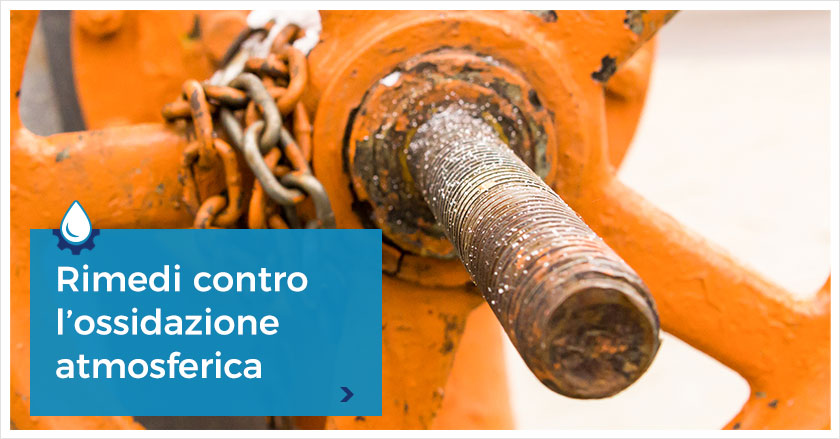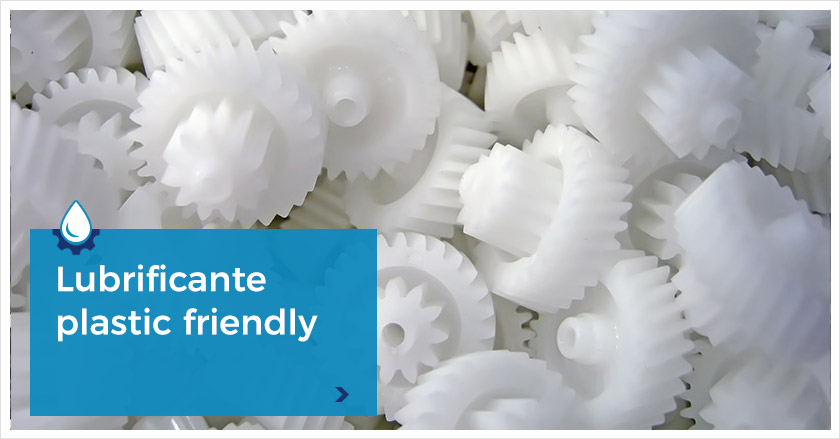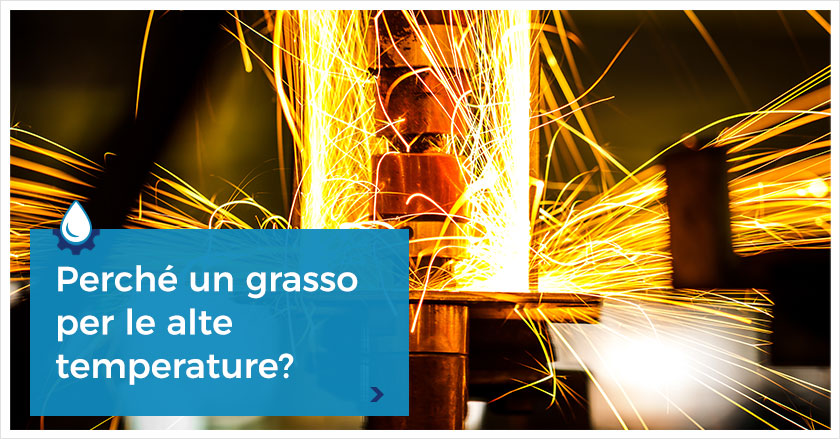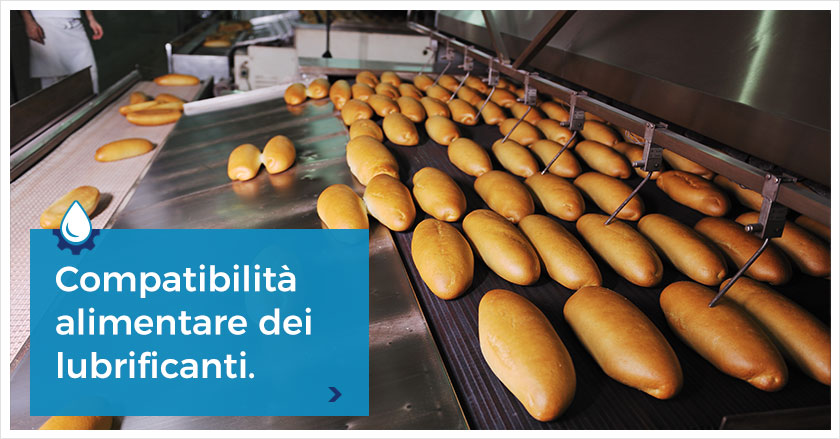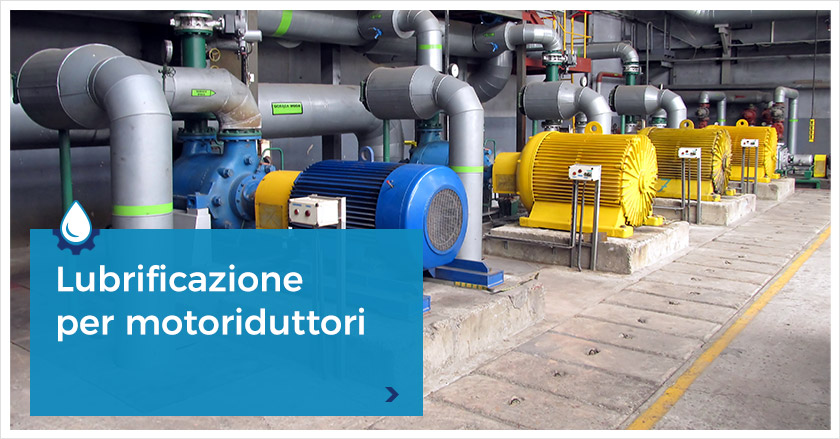During a meeting following a long period of consultation, the Purchasing Manager asked our Sales Representative, "Why should I use the synthetic lubricating grease you are offering me, which costs 50 times the one we are using now?" Our answer? "Thank you for your question!" Our Technical Sales Representative loves to be asked this, without irony. So, was the customer's question rhetorical or was it actually necessary to explain in detail what they were about to buy? The decision had already been technically approved but now it was necessary to summarise the results obtained and, above all, to quantify them economically. In this article, in addition to trying to resolve any lingering doubts, we will also look at:
Value for money of a mineral grease compared to a synthetic grease
We will do this with a crystalline example. We will compare the performance and the economic advantage that one of our customers has achieved by switching from the use of a lubricating grease composed of mineral oil costing €6 per kilogram, compared to a grease formulated with high-performance synthetic oil at €300 per kilogram.
We will tell the tale of a success story of a company specialising in the painting of frames for tractor cabs, belonging to a well-known industrial group. We will analyse the mechanical parts subject to high temperatures (180-190° C), to wear, friction and lubrication, comparing the results obtained with the lubricating grease in use and with the new solution proposed, tested, validated and adopted.
READ ALL

.png)
.png?width=763&height=399&name=840%20x%20439%20-%20blog%20post%20(8).png)
.png)

